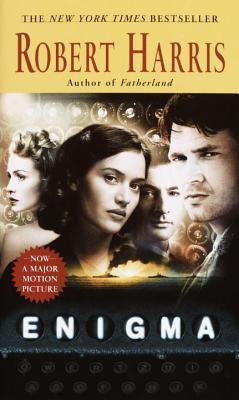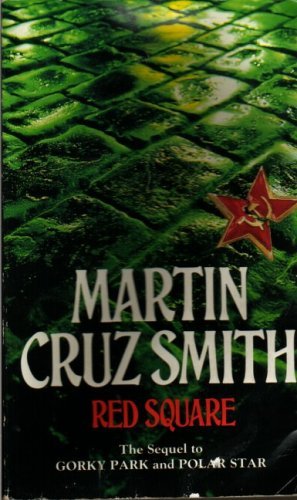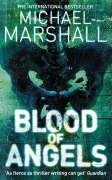
Archangel
Book Description
Secrets buried beneath a crumbling Soviet past threaten to alter the course of history in Robert Harris's electrifying thriller, 'Archangel.' When a British historian unearths a cryptic diary connected to Stalin and a hidden legacy, intrigue spirals into danger. As powerful forces emerge to protect their secrets, loyalties are tested, and shadows from the past loom large. With a web of deception tightening around him, the historian must navigate a deadly game where the stakes are nothing less than the truth. Will he uncover the shocking revelations that could change everything, or will he become another casualty of history?
Quick Book Summary
In 'Archangel' by Robert Harris, British historian Fluke Kelso travels to Moscow for a conference, only to be drawn into a perilous hunt for a secret that could rewrite the history of Russia and the world. When Kelso discovers a mysterious Soviet-era notebook, seemingly penned by Joseph Stalin’s last secretary, he pursues a shadowy legacy that points to a hidden offspring of Stalin himself. As Kelso delves deeper, he becomes tangled in a web of Russian intrigue, faced with a ruthless pursuit by those determined to conceal the truth. Torn between ambition and growing danger, Kelso must determine whom to trust in a landscape defined by its violent past. The novel masterfully blends historical fact with edge-of-your-seat thriller elements as it explores the lingering impact of totalitarianism and the lengths to which individuals and nations will go to control narratives of power, truth, and identity.
Summary of Key Ideas
Table of Contents
The Shadow of Stalin's Legacy
Historian Fluke Kelso travels to Russia for a conference on the Soviet archives, but what begins as an academic excursion quickly escalates into a dangerous investigation. Kelso becomes involved when a dying former NKVD agent hints at secret documents related to Joseph Stalin, piquing Kelso’s intellectual curiosity. The historian is soon swept into a clandestine race, confronting layers of deception and brutality that defined both Stalin's regime and post-Soviet Russia. His pursuit leads him to a notebook that supposedly reveals one of the 20th century’s greatest secrets: the existence of Stalin's hidden son.
The Intersection of History and Power
As Kelso digs deeper, he faces headlong opposition from powerful Russian interests determined to keep the secret buried. Each discovery draws him closer to the enigmatic 'Archangel,' a remote region in the Russian north that serves as the story’s dark heart. Alongside a determined Russian journalist, Kelso unearths more than he bargained for—a legacy that threatens to ignite political chaos. The narrative fuses personal ambition with a sweeping historical conspiracy, creating an electrifying sense of urgency.
Truth, Secrecy, and Political Intrigue
Through Kelso’s journey, Harris examines the dangerous allure of obsession when unearthing historical truths. The professional detachment Kelso brings as a historian erodes as he is drawn deeper into a quest for validation, romance, and significance. This drive is mirrored by the ambitions of others who would manipulate the truth for power. The personal and political stakes rise in parallel, asking whether some aspects of history are too perilous to reveal—and what cost comes with the pursuit.
The Dangers of Obsession
The specter of Stalinism casts a long shadow, revealing Russia's enduring struggle to reconcile its past with its present. Harris portrays a society shaped by fear, secrecy, and residual authoritarianism, even as it aspires toward openness. The collision of old and new Russia—manifested in the clash between those wanting transparency and those defending the old order—creates an atmosphere thick with mistrust and danger, propelling the narrative’s suspense and complexity.
Russia's Enduring Struggle with its Past
Ultimately, 'Archangel' weaves a story of power, identity, and historical memory. The conclusion forces Kelso and the reader to confront uncomfortable truths about the persistence of the past and the hazards of seeking answers at any cost. Harris’s meticulous pacing and evocative setting immerse the reader in a lethal game where history can be weaponized, and the quest for truth may be as destructive as deception itself.
Download This Summary
Get a free PDF of this summary instantly — no email required.





